Animal Crossing: New Horizons
Pros
- cartoon fun for all ages
- beautiful game design
- pro-social opportunities: sharing, team work, kindness
Cons
- designed to make time management a problem
- some gamers may struggle with having "enough" play time
- life simulator which can be cooler than real life
- online multiplayer can put children in social contact with strangers
Grade: Play It (but watch for tech health – RESET)
Platforms: Nintendo Switch
Rated: E for Everyone.
Gospel Connection. Animal Crossing: New Horizons gives us a great opportunity to talk with our children about why we game and the proper place of games in our lives. We can model gospel-centered questions like:
- Do I gaming for enjoyment, or for joy?
- Do I like to play because it’s fun, or do I need to play in order to feel happy?
- Am I being faithful with the time, talent, and treasure I’ve been given?
- Does this game develop who I am in Christ, or distract from it?
- What can we do if we realize we’re distracted?
This game, while designed for a wide range of player ages, has the potential to expose some of our unhealthy tendencies when it comes to games.
Overview. Animal Crossing: New Horizons is a cartoon life simulator where players work to build their own town on a deserted island. Players are asked to do assorted tasks (fishing, bug catching, fossil hunting) and have the ability to play online with other live players in a multiplayer mode. This is the newest installment in a series of games running all the way back to 2001.
Animal Crossing: New Horizons is fun and allows players the feeling of problem solving and progress. However, it is designed to have hours of tasks to achieve and has all the ingredients of a game that will cause fights over play time. While it is visually pretty and has some social elements (you have the chance to help others and even play with live players) it lacks the creative building of Minecraft (there is no real free-build option) while including all of the unhealthy habit-training game designs of quests, goals, and unlockable achievements.
Some players will struggle to maintain a healthy balance between focusing on this game and engaging in their real world non-simulator life. Life on a cartoon island is often (and understandably) way cooler than what the real world has to offer. Players who struggle to find a healthy balance may feel it’s hard to get “enough” play time.
The Game Grade:
Characters: 5/5. Your character is you and your only goal is to build up the town you’ve just traveled to on your deserted island vacation. While you can cause some mischief (bonk neighbors on the head, push others into holes), there is no reward for doing so. Such antics are driven purely by the player (so if you feel you need to drop the character grade at all, maybe take that up with the person playing the game…).
Themes: 4/5. Players accomplish assorted tasks starting with finding a camping spot and moving on to collecting resources to develop their town. You will build buildings, develop new skills, help neighbors, and attract more people to stay in your growing island. Since the game is designed to simulate building a town, just expect to have all the conversations you’ll have when your kid goes to school: everything from family diversity to smart phones is covered (yes, you’re character has a smart-phone in game…).
In addition, the multiplayer option means children will come across all sorts of real-world beliefs being discussed as players engage in building their town together: Faith, family, diet (PETA has released it’s guide for Vegan living in Animal Crossing) and gender identity (a topic Nintendo carefully addressed by removing any requirements of stating gender in character creation).
The main takeaway: When you’re playing a digital life simulator with real life people, make sure you’re having real life conversations with your kiddos about the real life topics that come up.
Violence: 5/5. Cartoonish mischief such as bonking players on the head or pushing them into holes (but you don’t do any damage)
Language: 4/5. There is a multi-player version of the game that allows your child to communicate with others through text. Comments are typed out, which is an excellent limiter for what can be said on accident. The story mode (non-multiplayer) just has silly saying like “you smelt it, you dealt it.”
Play Time: 0/5. This game is not meant to be beaten. The entire point of the game is to find new ways to play, new things to do, and join up with people online and build your town together. The process of building, not the completion of the project, is the actual goal. This means the game has the potential to become an outlet for unhealthy escapism. When I’m dissatisfied with real life and I can always run to my little deserted island getaway – and that is when I’m officially putting my hope in the wrong solution to my hopelessness.
Game Experience: 2/5. Families who purchase this game need to know that they are purchasing a life-experience, not a game. Animal Crossing: New Horizons is built around a cascading list of tasks and is designed to be played, not beaten. The reward system and social focus can cause some unhealthy gaming habits in gamers that include shifts in attitude, an inability to manage time, and a lack of enjoyment in real life outside of the game. Games are great, but they should not replace real life. Be sure to watch the RESET for your family member!
Conclusion: The struggle with Animal Crossing: New Horizon is that it’s designed to draw players in without giving a clear path out. There are so many goals built in, focused on keeping players playing, that players may struggle to keep healthy time limits while playing this game. This game is designed to appeal to younger players (slower pace of play, cute animal characters, bright colors) and some families may notice conflicts arise when younger players are asked to put this game away. In those cases, this may be a game to avoid.
Want to know more about what a RESET is? You can read more here!
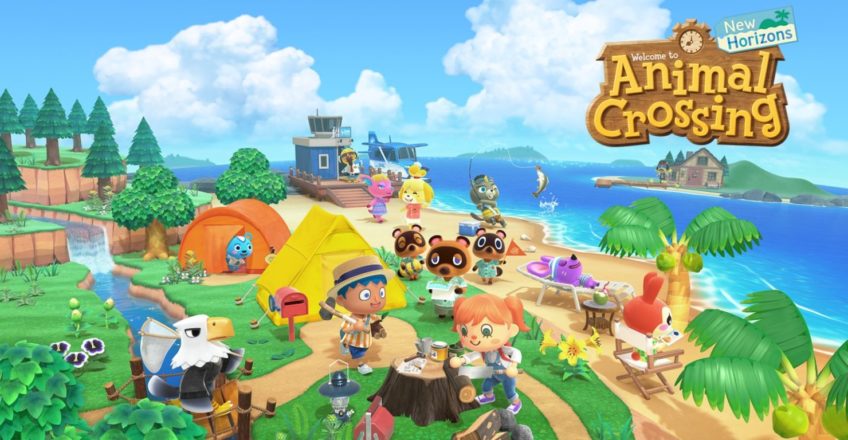
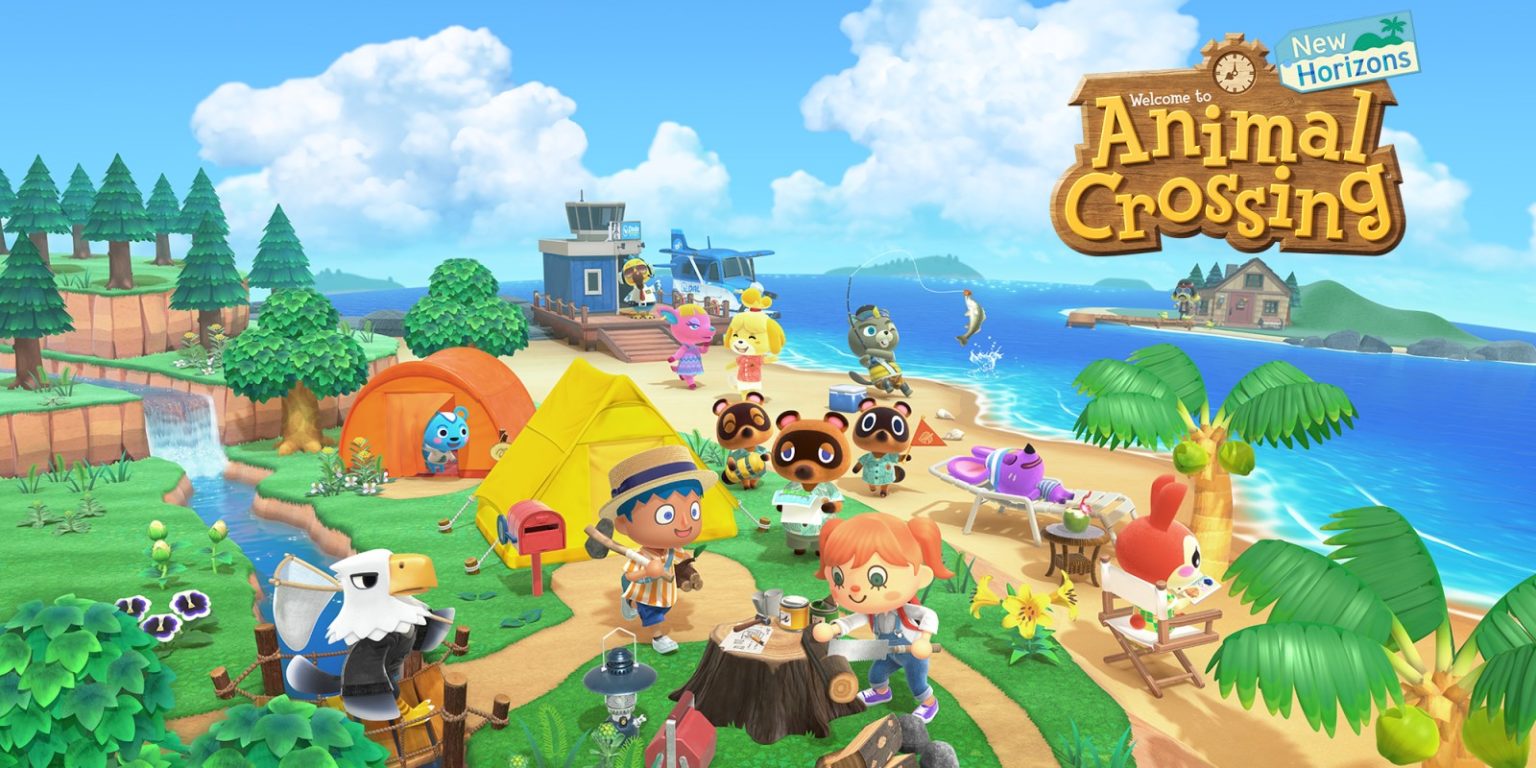
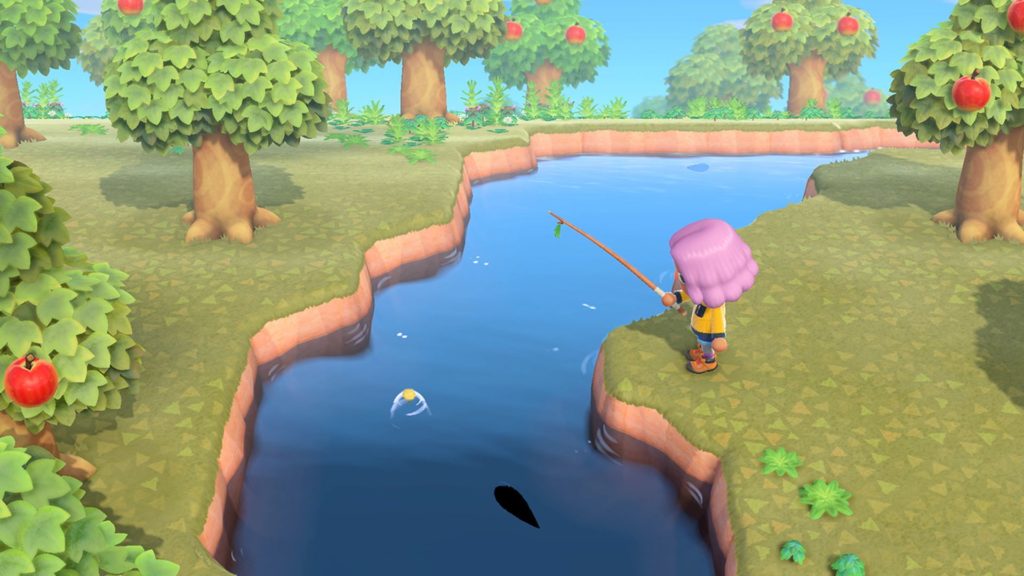
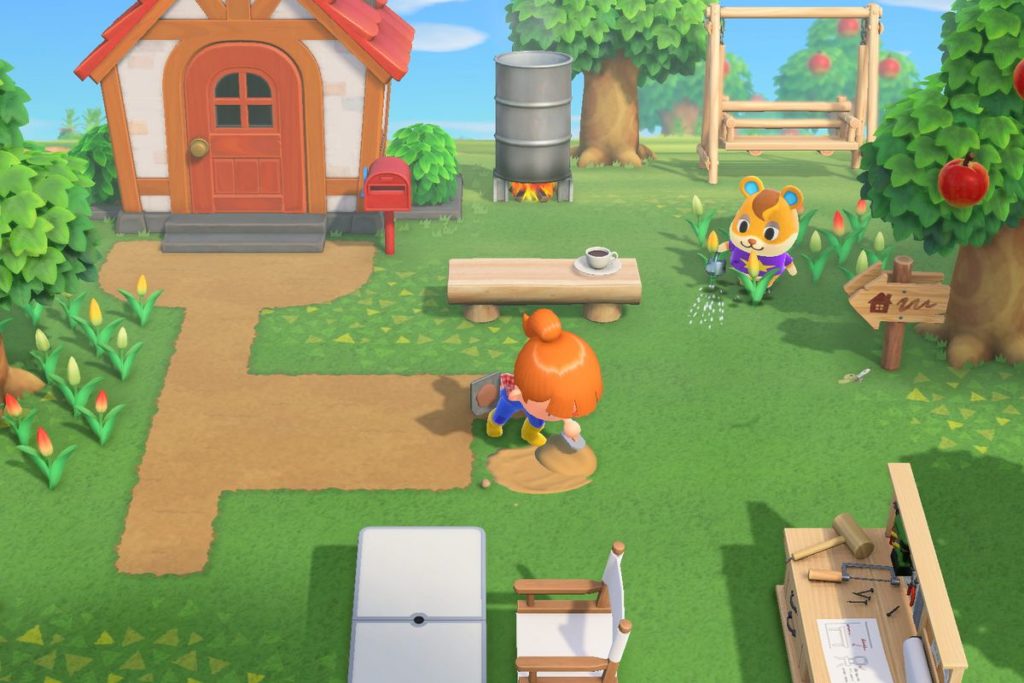
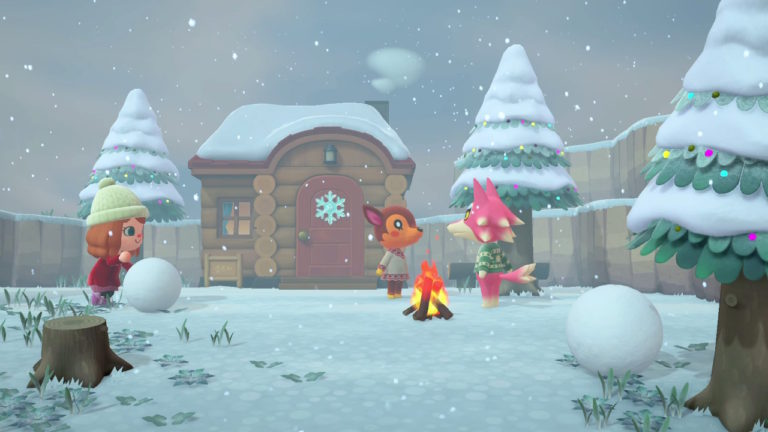
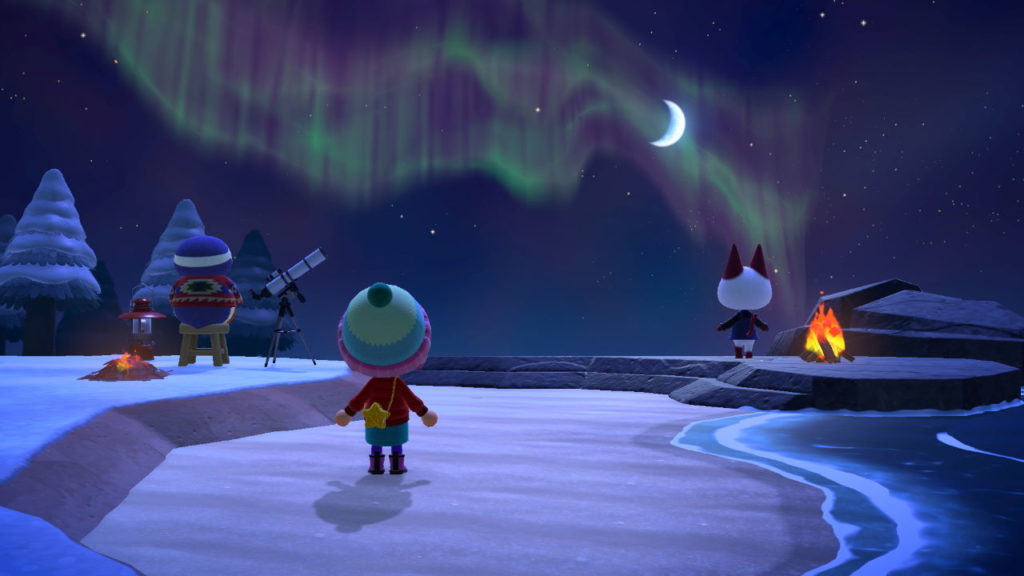
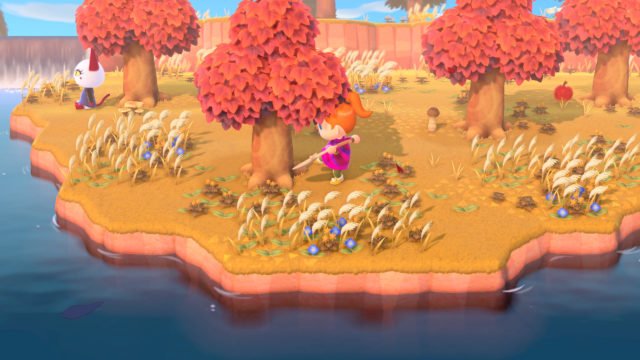
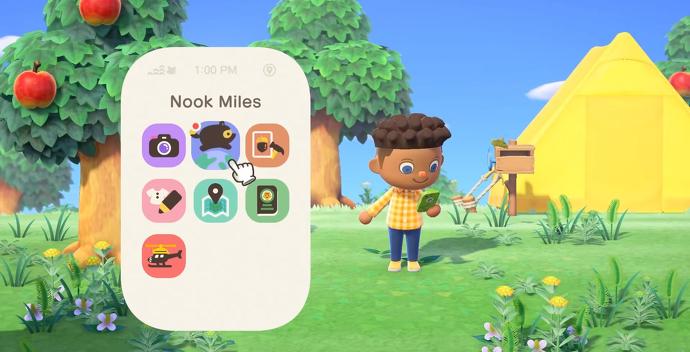
I'd love to hear your thoughts!
You must be <a href="https://flintandiron.org/wp-login.php?redirect_to=https%3A%2F%2Fflintandiron.org%2F2020%2F03%2F30%2Fgame-review-animal-crossing-new-horizons%2F">logged in</a> to post a comment.